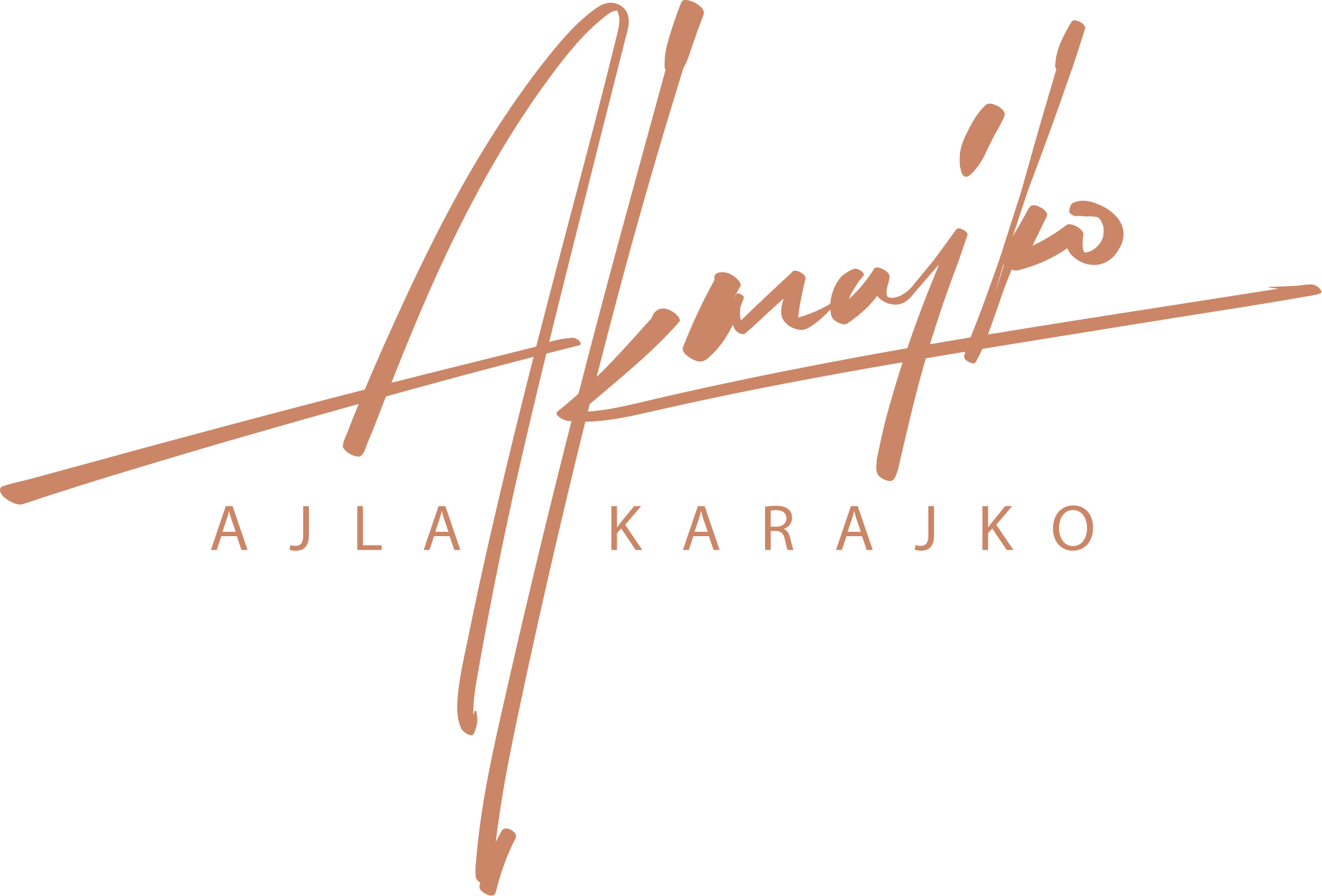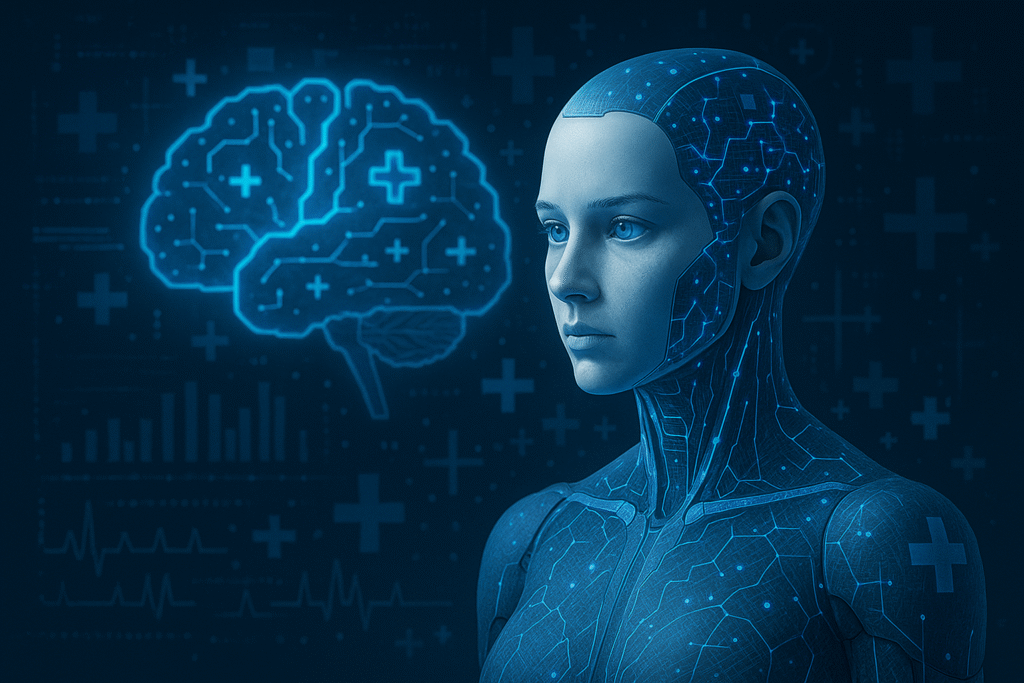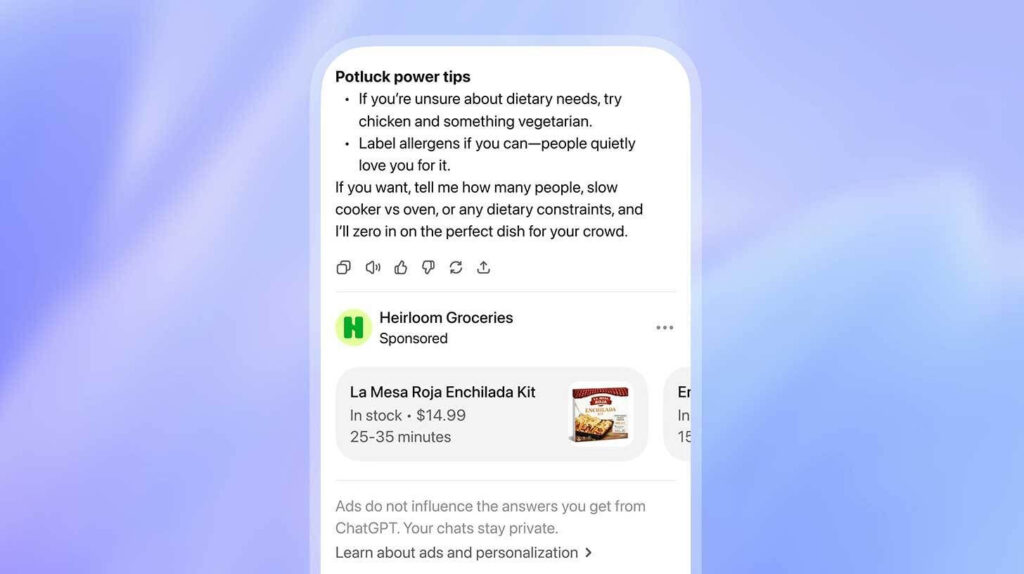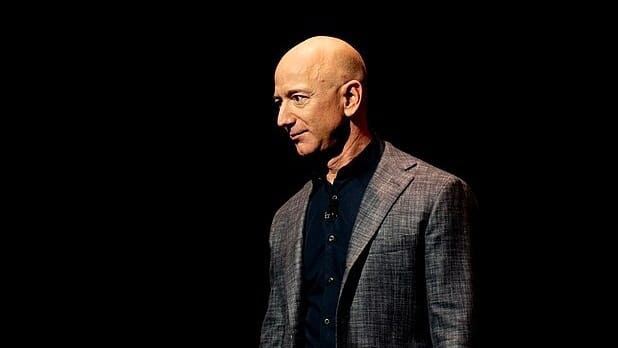Sometimes it feels like AI news is just there to fill headlines – big dreams, huge words, and little substance. But then someone like Demis Hassabis appears – the head of DeepMind, a man with a Nobel Prize and a strong reputation – and calmly says on camera: “We could end disease in less than ten years.”
He doesn’t mean “alleviate symptoms” or “make better diagnoses.” He means eliminate all disease.
And while he’s speaking, he simultaneously shows Project Astra – their latest AI assistant that not only recognizes images, emotions, and context, but can also function through smart glasses, in real time. It’s like watching a demo from the future – except it’s happening now.
An AI that speeds up drug discovery from years to weeks, understands biology better than any group of scientists, and could transform the way we treat nearly every disease. It sounds crazy, sure. Almost too ambitious to be true. But when it’s said by someone with his experience, in a voice that’s more analytical than dramatic – you have to stop and think.
He also mentioned he expects AGI (artificial general intelligence) in 5 to 10 years. He didn’t say today’s AI is conscious, but he didn’t rule it out either. And that’s where things stop being just technical and step into the realms of ethics, society, and a future we can’t even imagine.
When you sum it all up, it no longer sounds like some far-off future. More like something that’s catching up with us – maybe even overtaking us.
And if we really reach that level – the end of disease may not be a dream. It might just be the next step.
In brief: Tech World Highlights
- OpenAI’s new model o3 scored 136 points (116 in offline version) on the Norwegian Mensa IQ test, surpassing Gemini 2.5 Pro and setting the highest recorded score.
- AI model testing platform Chatbot Arena from UC Berkeley is officially transitioning from a research project into an independent company under the name LMArena.
- Perplexity has made a deal with Motorola and is reportedly in talks with Samsung to integrate its AI search platform into their phones, either as an assistant or as an app.
- xAI introduced new memory capabilities for its Grok model, allowing it to remember past conversations.
- Alibaba launched Wan 2.1-FLF2V-14B, an open-source model that allows users to input the first and last frame of a video to produce a coherent, high-quality output.
Trending AI tools:









